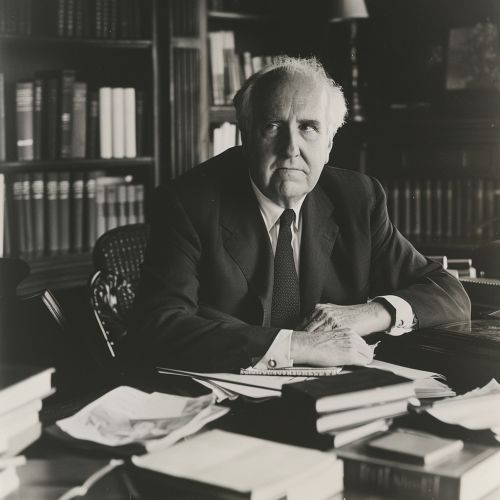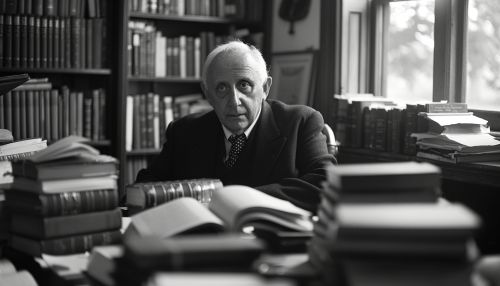John Archibald Wheeler
Early Life and Education
John Archibald Wheeler was born on July 9, 1911, in Jacksonville, Florida. His father, Joseph Lewis Wheeler, was a librarian, and his mother, Mabel Archibald, was a teacher. Wheeler's interest in physics began at an early age, and he pursued this passion throughout his academic career.
Wheeler attended Johns Hopkins University, where he received his bachelor's degree in physics in 1933. He then went on to earn his Ph.D. in physics from Johns Hopkins in 1938. His doctoral thesis, supervised by Karl Herzfeld, was on the theory of molecular spectroscopy.
Career and Research
After completing his Ph.D., Wheeler began his career as a physicist at the University of North Carolina at Chapel Hill. In 1939, he moved to Princeton University, where he would spend the majority of his career.
During World War II, Wheeler worked on the Manhattan Project, the U.S. government's secret project to develop the atomic bomb. He was involved in the development of the design for the bomb, specifically the implosion method for triggering the nuclear chain reaction.
After the war, Wheeler returned to Princeton, where he continued his research in theoretical physics. He made significant contributions to several fields, including nuclear physics, quantum mechanics, and gravitation. He is perhaps best known for his work in general relativity, where he coined the term "black hole" to describe the phenomenon of a region of space-time exhibiting such strong gravitational effects that nothing—not even particles and electromagnetic radiation such as light—can escape from inside it.
Wheeler also made significant contributions to the field of quantum mechanics. He developed the concept of the "Wheeler-Feynman absorber theory," a radical attempt to understand the nature of advanced and retarded potentials in electrodynamics. This theory, developed in collaboration with Richard Feynman, proposed that all of the elementary particles in the universe are interconnected.
In the 1950s, Wheeler began exploring the field of quantum gravity, a theoretical framework that attempts to reconcile the theories of quantum mechanics and general relativity. His work in this area laid the groundwork for the development of string theory and other modern theories of quantum gravity.
Later Life and Legacy
Wheeler retired from Princeton in 1976 and moved to the University of Texas at Austin, where he continued his research and teaching until his retirement in 1986. He passed away on April 13, 2008, at the age of 96.
Wheeler's contributions to the field of physics have had a lasting impact. His work on general relativity and quantum mechanics has shaped our understanding of the universe, and his theories continue to be explored and expanded upon by physicists today.
See Also


